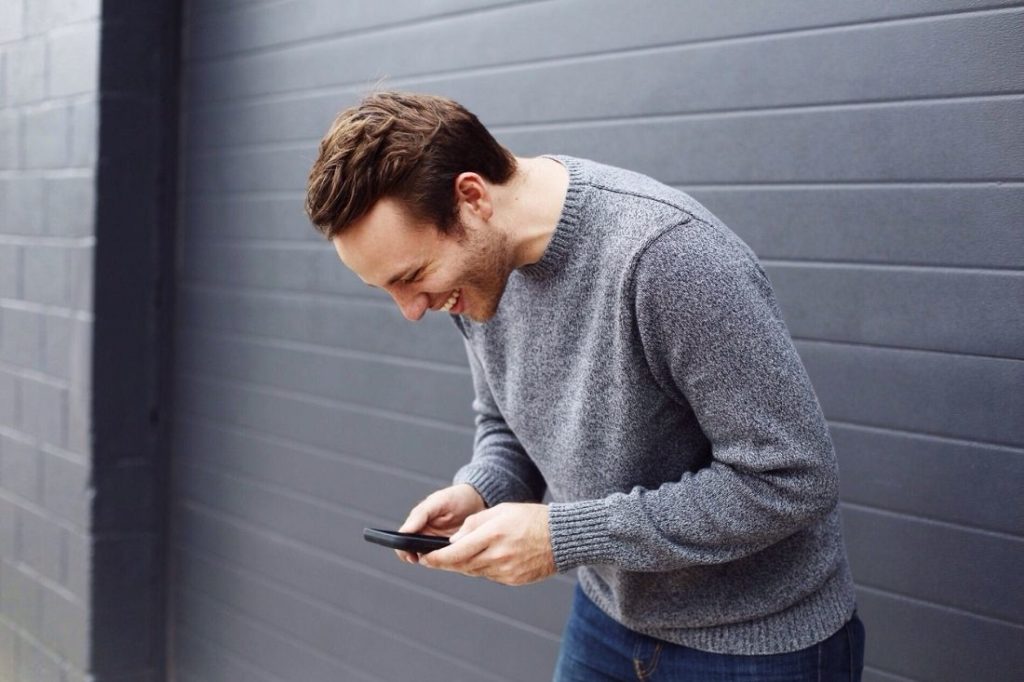My generation grew up in an era not known for leaps in technological advances. The lack of fun, lithium-ion powered iThings forced us to engage in antiquated traditions like going outside, socializing or reading. On the upside, living offline allowed us to keep screw-ups to limited audiences. We also experienced less bullying, anxiety and depression than later peers.
Related: Why Social Media Is Ruining Your Self-Esteem—and How to Stop It
Today, we often perceive anyone who shuns social media as old or out of touch. However, they might be the most mentally fit among us. In reality, most people have little awareness of the frequency with which they check their phones. In a 2015 study, participants checked their phones an average of 85 times each day and spent 5.05 hours per day using their smartphone. This is concerning because several studies and researchers have associated social media with several psychiatric disorders, including depressive symptoms, anxiety and low self-esteem.
Consider these 10 notable pro and con stances regarding social media use.
PROS:
- Messaging on social media sites can lead to face-to-face interactions when plans are made via the sites.
- Social media increases voter participation and facilitates political change.
- Social media helps reduce loneliness of senior citizens who are socially isolated.
- Social media allows for quick diffusion of public health and safety information during crisis events.
- The U.S. military and the Department of Veterans Affairs use social media to help prevent suicide.
- Social media can help disarm social stigmas like anxiety or depression.
- Crowdsourcing on social media allows people to attain a goal, empowering users to achieve positive change.
- Social media provides academic research to a wider audience, allowing people access to previously inaccessible educational resources.
- Social media sites can help improve overall well-being by providing users with a large social group creating a “contagion” effect.
- Professional networking sites like LinkedIn greatly assist companies to find personnel and job seekers to find work.
CONS:
- Social media posts cannot be entirely deleted.
- Social media can endanger our military, journalists and activists.
- Social media use is associated with personality and brain disorders.
- Students who are heavy social media users tend to have lower grades.
- Social media can exacerbate feelings of disconnect and put children at higher risk for anxiety, depression, low self-esteem, eating disorders and even suicide.
- Criminals can use social media to commit and promote crimes.
- Social media can be a drain on time and use up hours that you can’t get back.
- Advertising practices of social media sites may create an invasion of privacy.
- Social media facilitates sexting, which can lead to revenge porn, criminal charges and a proliferation of personal images.
- Social media use can cause personality and brain disorders, ADHD and self-centered personalities—particularly in youth.
Clinical psychologist and author of The Teen Girl’s Survival Guide, Dr. Lucie Hemmen writes that, “Most people experience huge benefits from taking a social media break. There is a way in which cultivating and maintaining your online identity can replace an authentic connection to your true self. The more grounded you are in your authentic value as a human being, the less likely you are to be a heavy user of social media and also to be negatively affected by it.”
For example, if you know that your value is deeper and more complex than what you post and how many likes and comments you receive, then you are probably social media resilient.
The more grounded you are in your authentic value as a human being, the less likely you are to be a heavy user of social media and also to be negatively affected by it.
On the flipside, Dr. Hemmen adds that, “If you struggle with feelings of insecurity and find yourself putting a lot of time and effort into portraying yourself a particular way on social media, then you are more vulnerable and would benefit profoundly from regular breaks. You will have the space needed to move toward your true self.”
Start by temporarily limiting your access. Challenge yourself to abstain from social media for a full week by removing Facebook, Twitter, Instagram and other social media platforms from your phone for a duration of time. Once the initial withdrawal anxiety subsides, take notice if you feel better or worse. Being offline might just be a vacation for you.
Photo by jsdaniel via Twenty20








